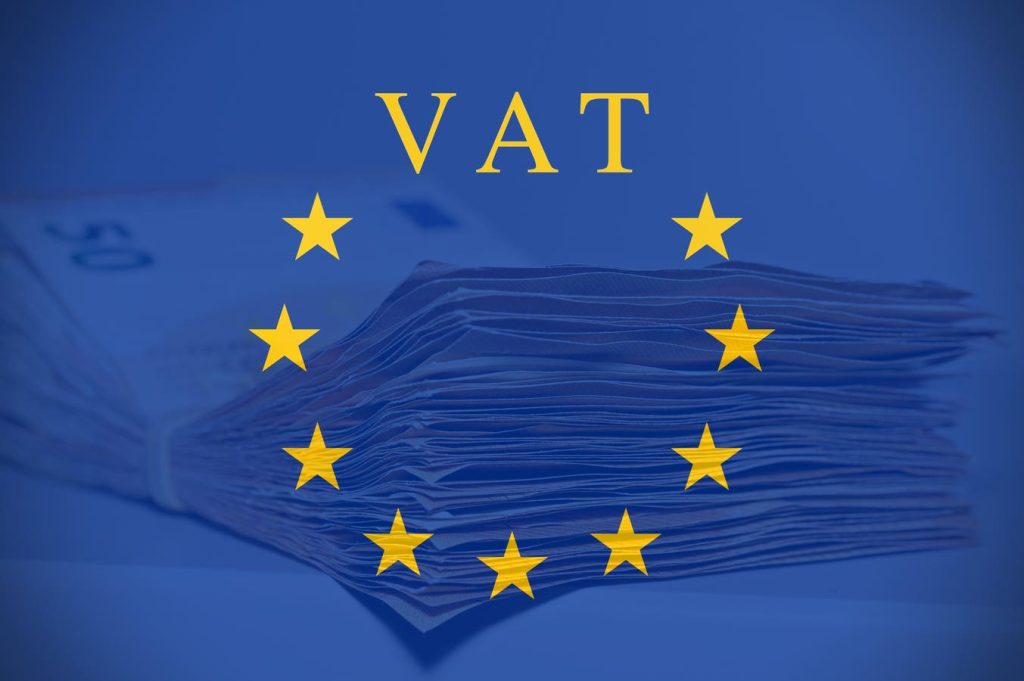The European Commission has released revised proposals for the ‘VAT in the Digital Age’ (ViDA) reform, which will be discussed by the Economic and Financial Affairs Council (ECOFIN) in May 2024. The reforms are set to be endorsed and implemented between 2024 and 2030 if a consensus is reached among member states. The updated draft reflects compromises and significant amendments in various areas.
The revised ViDA proposal mandates electronic invoicing as the default system for issuing invoices in the EU from 2030 onwards. It specifies that electronic invoices must adhere to a structured format and comply with the European e-invoicing standard (EN16931). Electronic invoices will become mandatory for transactions within the scope of the Digital Reporting Requirements (DRR) and must be issued within ten days of the transaction, a change from the current requirement of 15 days after the end of the month.
Member states will still have the option to allow other invoicing formats, such as paper, for domestic supplies or supplies to third countries. The proposal permits member states to implement ‘accreditation schemes’ for electronic invoices to ensure they meet formal requirements, which suggests sending invoices to a government platform for validation. Summary invoices will be permitted for sales made within the same calendar month if issued within ten days after the end of the month, potentially reducing the number of invoices businesses need to generate.
The implementation of new rules for the platform economy, specifically for short-term accommodation rentals and road passenger transport platforms, has been postponed until 2027. Under these rules, platforms will be required to act as deemed suppliers for VAT purposes unless the supplier provides a valid VAT identification number and intends to handle VAT themselves. Member states may exclude small and medium-sized businesses from these rules and have the flexibility to add more conditions.
The ViDA proposal does not include the original measures for e-commerce platforms, such as the deemed supplier rule and the Import One-Stop Shop (IOSS). However, discussions related to these measures may continue in connection with EU Customs reform. The main proposals for single VAT registration have been postponed until 2027 and aim to reduce the instances where businesses need to register in multiple member states.
The revised ViDA proposals have extended the implementation deadlines, giving businesses more time to prepare for the upcoming changes. Understanding the impact of e-invoicing and digital reporting requirements will be crucial for businesses operating in the EU. Despite the harmonization efforts with the DRR, the VAT reporting and invoicing landscape may remain fragmented due to differing standards among member states. Businesses using the OSS system will still need to navigate local VAT rules and separate refund procedures, potentially leading to cash flow disadvantages.













